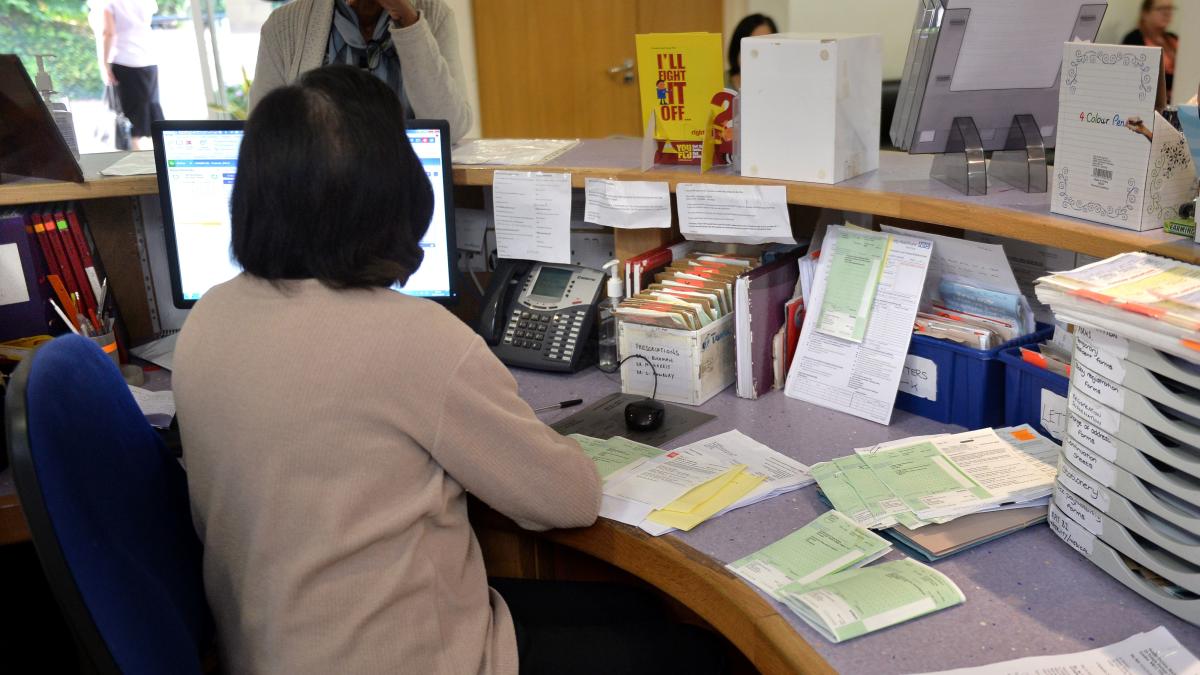Some 8,000 members – or 22% – of the current fully qualified workforce are over 55 and 10% are 60 or over, according to party analysis of NHS figures.
We’ve spent far too long underpaying/funding new doctors, and coasting on the fact that people still want to push themselves for a well respected position in society (or genuinely want to help).
As it stands now though, the only newly qualified GPs we retain are the ones who don’t want to move to Australia. And the ones we do have are buffeted about by locum rates to patch the holes.
This has the potential to have a staggering impact on most people’s experience of the NHS, given how far GP availability has already declined compared to pre-Covid.
My NHS GP is now de facto online-only already - I can technically get an in-person appointment, but they require a online consultation first to decide if it’s necessary, and even online consultations are rationed each day.
Successive governments have been stupid. We’ve needed to heavily invest in healthcare, making the NHS attractive not only to Brits, but doctors from around the world. We need to be aiming for doctors having around 200 patients and we need to ease their workload by employing AI to do simple diagnosis, follow ups and chasing of appointments.
The fact we live in a society where we spend more on defence than health and education is insane. And we still have the audacity to treat ex soldiers like discarded goods.
Similar statistics are true of many industries. The last of the boomers are all hitting retirement age. You think there’s a labour shortage now, baby you ain’t seen nothing yet. We are going to have to spend so much money on automation, or we are going to have to get used to services being an order of magnitude worse.
I am not so sure if it’s terrifying or maths. If GPS start at 25 (say) that gives them 40 years to work. If the population is maintained then 50% of GPS should be over 45 and 25% of GPS should be over 55. So the stat (22%) in the article seems low? And 12.5% should be over 60 so again the stats seem low? Am I completely missing something?
This is a pretty terrifying figure! Why does the NHS keep getting worse despite the budget for the NHS being almost half of our total spending in the UK? Got to be total mismanagement by the government and the NHS trusts.
despite the budget for the NHS being almost half of our total spending in the UK
I don’t think that’s true - wherever you saw this, it was probably combining health with ‘social protection’ (i.e. pensions and welfare), which is the single largest spending category - all combined they must equal about half of central government spending (or about two-fifths of total once you factor in local government spending).
But I think you are alluding to an important point - health spending has been consistently growing for decades (in nominal terms, in real terms, or as a share of government spending), and despite this people’s experience of the NHS is deteriorating. Health was around 8% of government spending in the 1950s and 60s, rising to 10% in the 1980s (when it overtook defence), to around 16% in the late 2000s, and continued to grow to around 18-19% going into Covid.
I think part of that is about growing demands on the NHS from a population that is older and generally a lot less healthy (looking at overweight and obesity figures - a driver of many common health problems like cardiovascular disease or many cancers). But part of it is also about political mismanagement, political tinkering and change fatigue in the NHS.
‘Privatisation’ is a dirty word in UK health politics, but I do increasingly wonder if a model that takes the delivery of healthcare outside of political control - i.e. turning the NHS into a buyer of healthcare on behalf of the public, analogous to how public health insurance works in many European countries - might be a better model to protect healthcare providers from the incessant tinkering and legions of management consultants that have come with political control under both Labour and Tory governments.






